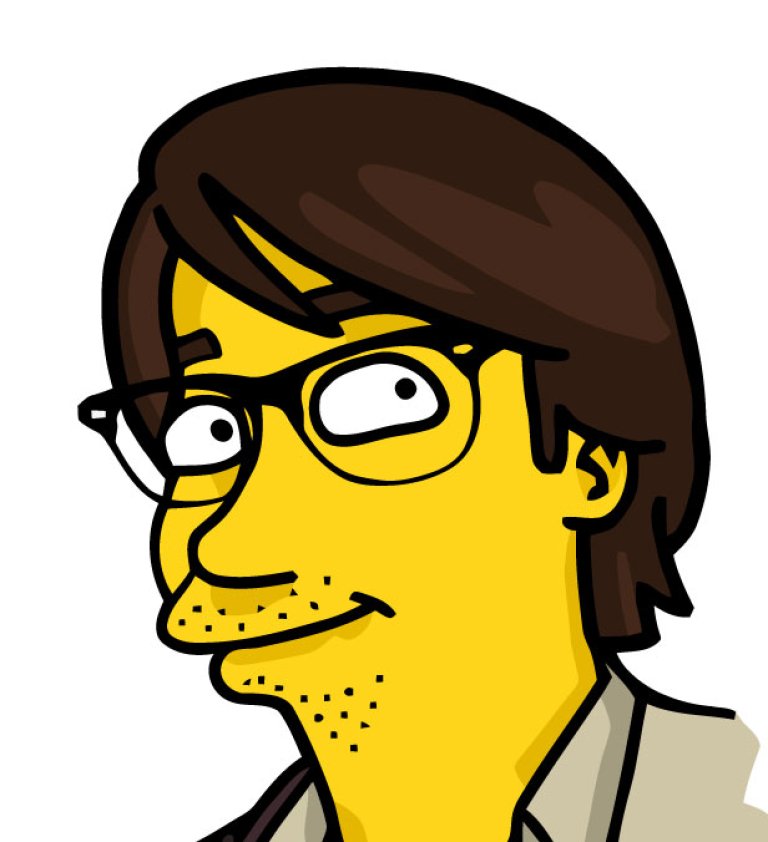We asked Volkan Özçelik when and why he started coding. Here´s the answer we got.

Why did Volkan Özçelik start to code
We asked 25 leading programmers - when did you start coding and why. The answer from Volkan was so long so we thought it deserved a post of its own. Here's his answer to why he started to code.
Volkan Özçelik

“The “when” part is pretty boring and common:
The “why” part is more interesting/internal/personal I think:
As a kid I was always different from the rest of the pack. — For instance, while others were picking up 20-30 page children’ story books to read on a summer holiday my choice of “light reading” was the Republic by Plato.
Even as a child I had two things that never left me even now: 1) an ravenous (and sometimes dangerous) level of curiosity and 2) an unstoppable desire to force myself to the limits, intellectually.
"I started coding at the age of 12 which makes 1991; it was a Commodore 64 that my uncle had given me as a present."
- Volkan Özçelik (tweet this)
I also was extremely logical, and I had a keen eye on causality. To give an example: Again around the age of 12, I learned chess by simply watching people play it for a couple of months; at the age of 14 I was beating my father in chess, who was a pretty decent player himself.
Also, as a kid, I would insist not to follow any rules that my parents set unless they give me a fair and reasonable explanation of why that rule was necessary. — Here’s an example of a particular torture that I made to my parents at every single rule they impose on me:
- Volkan, it’s 9, it’s bedtime now.
+ I should go to bed by 9? why?
- because you need to sleep to revitalize
+ but I can sleep later so why 10?
- because children sleep early.
+ aren’t there any children that sleep late?
- no.
+but I sometimes sleep late, ain’t it an exception then?
- well, yes, I guess.
+ then I’ll sleep at 11 today.
( and that would be the QED, unless they wanted to enjoy debating with me for an additional hour. — even as a kid I loved to find logical flaws in arguments; which then drew me to the field of philosophy, and skepticism, and logical fallacies )
Another thing was, I was obsessed with order (albeit being very clumsy).
Yet, I was also not afraid of variety. As long as the changes around me were deterministic, I was more than happy to adapt to them; to a child’s mind it was kind of finding chaos within the order.
So it was a combination of attention to detail, will to observe things, a desire to control all the things, constant will to push my limits and boundaries, and being a more logical than the average kid that you can find around was the perfect mix to make coding appealing to me:
When I was writing Basic on my Commodore (which was a hard job to do because I did not know English as a kid, and the program manual was in English, so I had to type in the commands exactly as they were in the manual, then run the program and then observe what happened. — with a few months of work, I was able to do IO, mathematical computations, and logical workflows in a language that I did not know a word of). In a year I was able to create a pong clone :)
So it was like I had my own little world that I could architect the way I wanted. — And needless to say, I was different than many of the kids around me, and understanding them was more challenging than understanding (back then, to me) the cryptic-looking basic language. — Because code was deterministic; humans were not.
I’m 37 right now, and I have been to quite a few managerial positions; and this fact has not changed: People are non-deterministic. — The only thing that changed, maybe, is in the 20-or-so-years, I learned to coordinate and communicate with people better. — I’ve learned that it all boiled down to communication. — And it was no different than programming in a sense. — Maybe more like programming a neural network, but the principles were kind of the same. — When I was communicating with a computer by writing a set of instructions but in the end of the day, the computer was listening to and interpreting the instructions. — and that was not different in humans either: communication was what the listener did. — That simple revelation took my entire adulthood to sink in :) — And learning and internalizing that, opened a lot of doors and opportunities to me — there is an undeniable value in communicating in the language of the party that’s going to interpret it."
Read what the 24 other world leading developers and programmers answered on the same question - when did you start coding and why.
